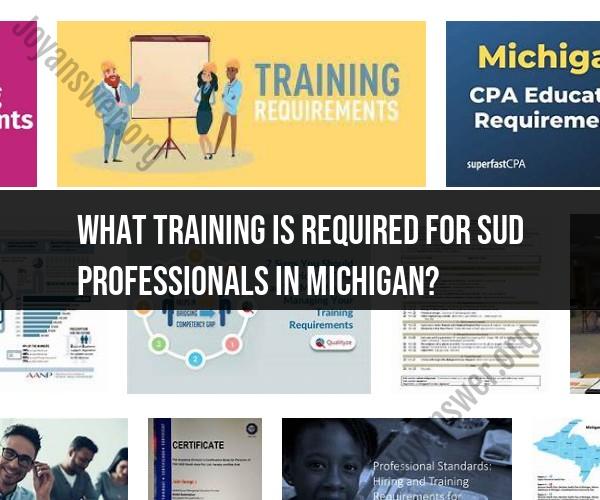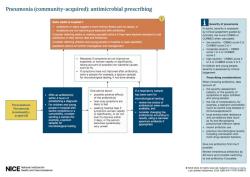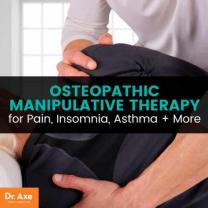What training is required for Sud professionals in Michigan?
In Michigan, Substance Use Disorder (SUD) professionals play a critical role in addressing the challenges of addiction and providing effective treatment and support to individuals seeking recovery. The training pathways for SUD professionals in Michigan are designed to ensure that they are well-equipped with the necessary knowledge, skills, and ethical understanding to excel in their roles. While specific requirements may vary based on the type of SUD profession, here is a general roadmap to excellence for SUD professionals in Michigan:
1. Education and Licensure:
- Obtain a relevant educational background, such as a bachelor's or master's degree in a related field (e.g., psychology, social work, counseling) from an accredited institution.
- Obtain the appropriate professional licensure or certification required for your specific role. In Michigan, the Michigan Certification Board for Addiction Professionals (MCBAP) offers different levels of certification for SUD professionals.
2. Core Competencies Training:
- Complete core competency training programs that cover fundamental topics in substance use disorders, treatment approaches, counseling techniques, ethics, and confidentiality.
3. Clinical Supervision:
- Engage in clinical supervision under the guidance of an experienced and licensed supervisor. Clinical supervision provides opportunities for case consultation, skill development, and ethical guidance.
4. Continuing Education:
- Participate in ongoing continuing education to stay current with the latest developments, research, and best practices in the field of substance use disorders.
- Michigan requires SUD professionals to complete a certain number of continuing education hours to maintain their certification.
5. Specialized Training Areas:
- Depending on your role and specialization within SUD treatment (e.g., prevention, intervention, counseling, therapy), pursue specialized training areas such as motivational interviewing, cognitive-behavioral therapy, trauma-informed care, and dual-diagnosis treatment.
6. Cultural Competency and Diversity Training:
- Gain cultural competence by participating in training that helps you work effectively with diverse populations, considering factors such as ethnicity, gender, age, and socioeconomic background.
7. Ethics and Legal Training:
- Understand the legal and ethical standards that apply to SUD professionals in Michigan. This includes knowledge of confidentiality laws, ethical guidelines, and the duty to report.
8. Peer Support Training (if applicable):
- If you are pursuing a role as a Certified Peer Recovery Coach, complete training programs specific to peer support, recovery coaching, and the principles of peer-led services.
9. Networking and Professional Development:
- Engage in networking opportunities, attend conferences, workshops, and seminars to connect with fellow professionals, share experiences, and learn from experts in the field.
It's important to note that specific training requirements can vary based on the level of certification, the type of SUD profession, and any changes in regulations or policies. Aspiring SUD professionals in Michigan should consult the Michigan Certification Board for Addiction Professionals (MCBAP) and other relevant authorities to ensure they are aware of the most up-to-date training and certification requirements for their chosen path within the field of substance use disorders.












